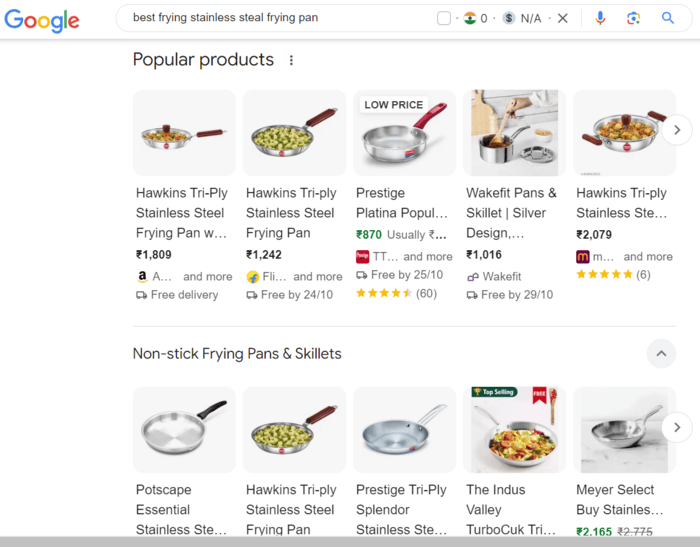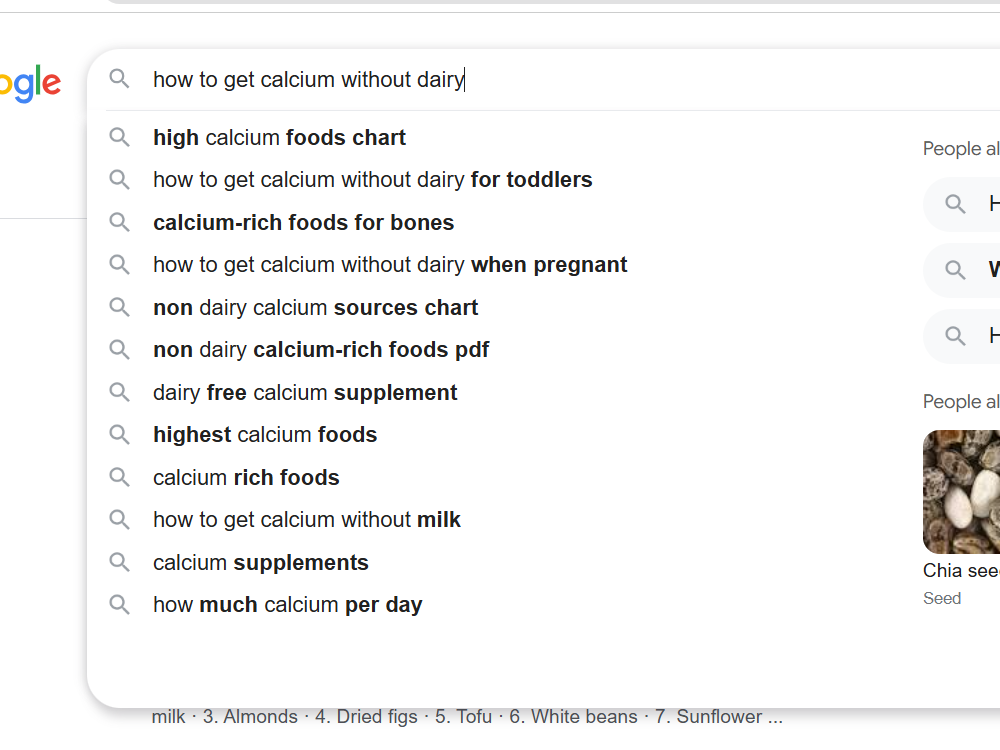
Search intent is the spine of your content.
Why am I saying that?
It happens to me when I read an article, blog or book. Some of these contents are so interesting that I am hooked from the beginning to the end. I can’t stop until I have read every word.
Then there are others, I barely get past the first few sentences before leaving the page. I am sure that happens to you now and then.
Why does this happen? What makes some content instantly click while others don’t connect? One of the biggest ingredients in this content is intent.
And they have failed to capture that in their content.
But why is search intent important for your blog or any content you create?
Let me break it down to you in the simplest way possible.
Key Takeaways
- Content created with a clear purpose aligns better with the audience’s needs, increasing engagement and building trust.
- Focusing on what your audience truly wants and needs makes your content more valuable, driving organic growth and loyalty.
- Search engines prioritize content that matches user intent, so well-intended content can improve your visibility and ranking.
- When your content addresses audience pain points or answers their questions, it’s more likely to lead to conversions.
- Without clear intent, content risks becoming aimless, resulting in low engagement and minimal impact.
- Content with intent strengthens your brand’s authority, showing readers you understand and prioritize their needs.
What is search intent?
Search intent is why people enter a search query into a search engine. Let me help you understand it with an example.
I was planning to buy a frying pan online a few days back. So, I searched for the “best frying stainless steel frying pan.” Google showed me a host of options and I bought the one with the best review but lower price than its competitors.

When I entered the query, Google immediately gauged my INTENT behind it and catered to me with what I wanted. There were articles on the same but I preferred to check out the products and bought when I found the best fit.
Why is search intent important for your content?
The search engines aim to provide users with relevant results. Google tries to interpret the intent behind all user searches. So to rank in the top spots of Google you need to focus on the intent behind the search query they are using.
Here are some of the benefits of intent to help you understand its importance.
Increase relevance
Understanding the intent behind the search query will help you choose the keywords that your audience is looking for. When the audience finds it relevant, they choose to spend more time on your page and take actions that will be beneficial for you.
Your readers spending more time on your page will increase dwell time and reduce bounce rate. Dwell time is the time users spend on a particular site after clicking on it from the search engine result pages. Bounce rate is the metric that search engines use to measure the percentage of website visitors who leave after viewing only one page.
An increase in dwell time and a decrease in bounce rate will indicate to the search engines that your content is useful.
Increased reach
Search engines rank your content for not only for that particular keywords but for similar ones once they find it relevant. A significant number of searchers want information. By serving them what they want you will increase your reach.
Featuring in Google snippets
When your content accurately answers the search query you may get the chance to feature in Google snippet.
Google defines it as, “Google‘s search results sometimes show listings where the snippet describing a page comes before a link to a page, not after as with our standard format”.
Most importantly, that’s one way to rank number 1 on Google’s first page.
Types of Search Intent and Content Alignment
There are four main types of search intent. Let me break them down for you:
Informational Intent
Informational intent means the readers want to learn about something. They want information. These queries start with wh-words like who, what, how, and where. Let me help you understand with some examples: “What is SEO,” “How to write a novel”, and “What is the importance of DNA copying in production”.
Navigational Intent
Users use a navigational query to find a specific page. Whenever I want to log in to Gmail, I search for ”Gmail login.” And when I want to go to the Ahrefs keyword generator, I just simply type the same in the search box. These search queries have navigational intent.
Commercial Investigation
Commercial intent comes somewhere between informational and transactional intent.
How?
Here’s an example.
Recently I bought a frying pan. But before buying it I did my thorough research. Firstly I searched for “best stainless steel frying pan”. Google showed me a lot of options. Hawkins frying pan was under my budget and it had great reviews, too. So, I zeroed down on it.
Transactional Intent
Transactional intent means the user wants to take some specific action. I was planning to buy a laptop a few months back. I already had a good experience with Lenovo, so I typed “Lenovo laptop price”.
But here I want to tell you that transactional intent doesn’t only mean the user wants to buy something. It can also be other actions.
Examples of such actions include “Ahrefs trial,” “Mensa IQ test,” and “Watch Exorcism online.”.
Once you understand the type of search intent it will be much easier to determine. I am sharing some strategies that I use to check the intent of a particular keyword.
How do search engines perceive search intent?
Google and other search engines look for relevance in search results. So to rank on Google’s first page, I need to write the most relevant content. It means I need to write content that matches the search intent of my target audience.
For example, if I search “best perfume for females”, Google will give me options on ladies’ perfumes and reviews and rankings. That’s because Google knows my intent. It understands that before deciding, I will go and check the reviews first and then make up my mind.
How do you Identify Search Intent and optimize content for it?
While determining the intent, I do these things:
- Firstly, I analyse the query and check whether it talks about something specific or broad. For instance, “dairy” and “how to get calcium without dairy”. The first one means I have to write page after page about dairy without knowing what to write and the second one means the searcher wants to know what non-dairy food they should have to get their dose of daily calcium.
- The search intent will also thell you where the audience is in the marketing funnel. For instance, The audience who are looking for “What is hung curd” are in the awareness phase. If your audience is looking for “best hung curd in Mumbai” they are in the consideration phase. When they search for “Milkbasket Online Milk and Grocery Store”, they are in the conversion stage.
- Next, I go to Google and check Google autosuggest, “People Also Ask,” and Related Queries, featured snippets and reviews to check what topics I can cover to match the intent.


- I also analyse the competitors’ content. Mostly, I check the first 5 or 6 top-ranking pages
- Finally, when I have a clear picture I Structure and Format my content as per the requirements of a particular intent. For instance, an informational blog will have a different format and structure than a product page with transactional intent
Think in terms of what benefits your audience is getting
You are not writing the blog, article or product page for yourself. You are writing it for your audience. They needed something or some information so they went to the search engine and entered their query. Now you have the solution or answer they need so you are writing to tell them about it.
That’s exactly the purpose of you, as a writer.
And understanding the search intent helps you to do that successfully.
Content with intent strengthens your brand’s authority, showing readers you understand and prioritize their needs.
Do you think that I have helped you understand the importance of search intent? If yes, comment below and let me know. I have also shared my strategies for keyword research. go ahead and have a look at that too.
